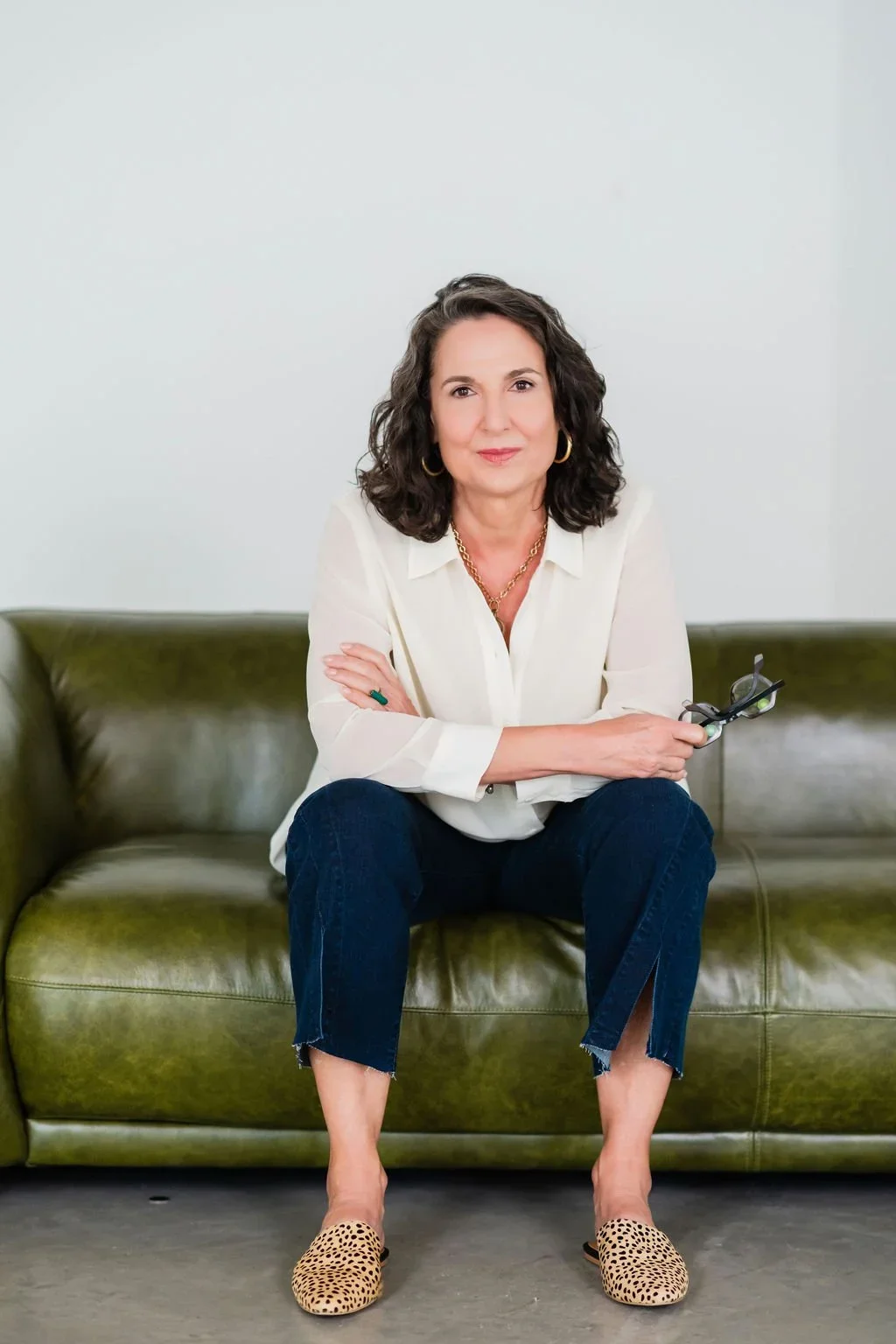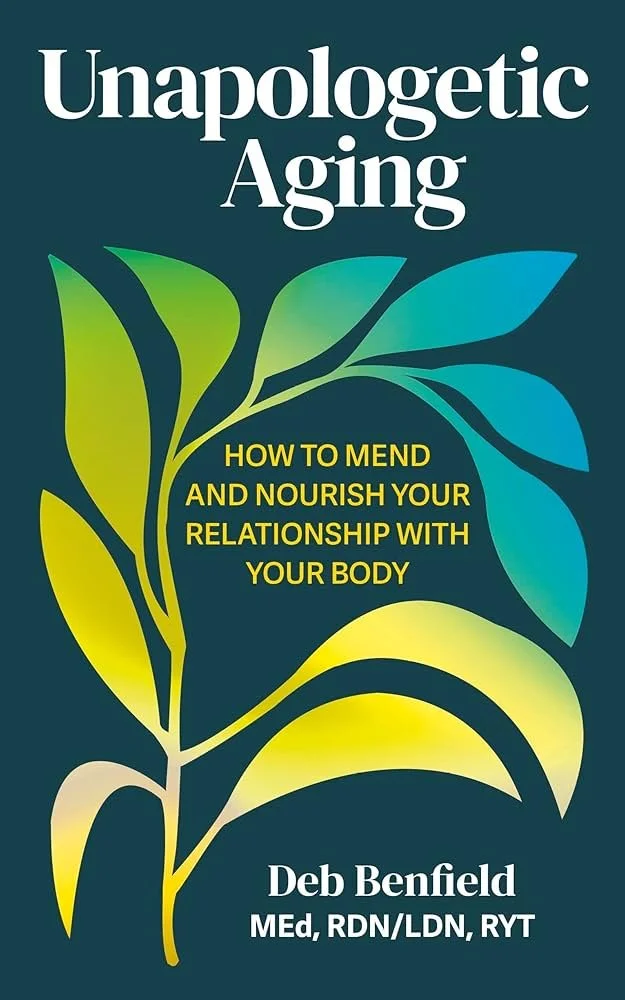
FUTURE EVENTS
Deb Benfield, M.Ed., RDN/LDN, RYT
“Unapologetic Aging” Night
Wed, Feb 11, 2026
6:30-9pm
“Your body is your life partner, not your life’s project.” - Deb Benfield
We are thrilled to host author Deb Benfield for a night to discuss our relationships with our bodies. We will discuss her new book, Unapologetic Aging: How to Mend and Nourish Your Relationship with Your Body. Consider these important questions before the evening….
Where in your life do you feel subtle pressure to “optimize,” “fix,” or improve your body—even when you know better?
What messages about aging did you absorb from the women who came before you—and which of those do you want to keep, question, or release?
When do you feel most at home in your body lately? When do you feel most at odds with it?
If your body were your life partner rather than your life’s project, what might change in how you treat yourself?
Deb Benfield, M.Ed., RDN/LDN, RYT, is an author, Registered/Licensed Dietitian, nutrition therapist, body image coach, and founder of Body in Mind Nutrition Counseling. With more than four decades of experience, Deb supports you in healing your relationship with food, body, and aging through trauma-informed, weight-neutral care. She is the author of Unapologetic Aging: How to Mend and Nourish Your Relationship with Your Body, a call to resist diet culture and ageism while reclaiming embodied self-trust.

